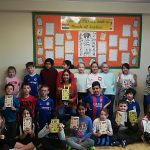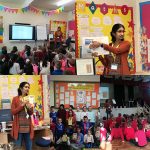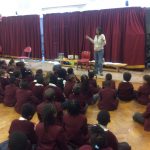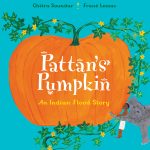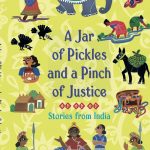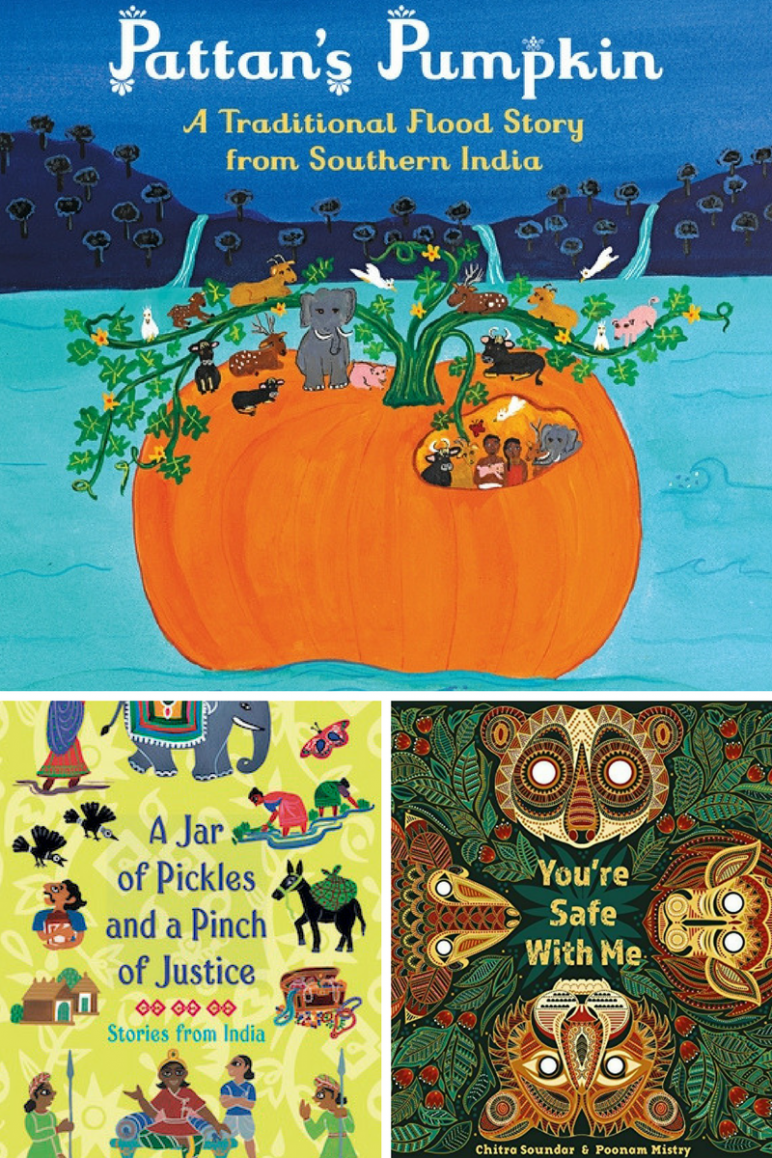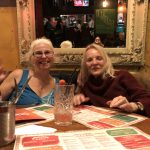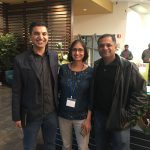I write mainly stories that touch upon India in some way. Putting aside why that’s so, my stories bring tales from all parts of India.




These stories are definitely for the Indians who live everywhere in the world. I witness the joy of children from Indian backgrounds in schools across the world when I bring these stories to them. They are undoubtedly a joy to the parents and grandparents who can relate to them and enrich the reading session with their own stories and tales from their own lives.
But is that all? Surely these stories appeal to everyone else? For a child who has no connections to India, these stories are exotic, magical and from a place where they had never been to. Perhaps they’d travel to India, inspired by these books. Perhaps they’d relate to their neighbour from India better.
Stories about someone other than our lived experience is a window to the outside world. It is a door to walk through and make friends, shake hands and embrace someone new. It’s a mirror that reflects how similar we are to others in this world, however far we seem.
“When the only images children see are white ones…as
long as children are brought up on gentle doses of racism
through their books… there seems to be little chance of
developing the humility so urgently needed for world
cooperation.”
-Nancy Larrick, 1965

Schools, libraries, parents, grandparents, booksellers, publishers and reviewers must therefore not brand these books as “Great for South Asian Kids”. Because they are universal in their appeal – both to South Asians and to the rest of the world. How else will a child find out about life outside their town, city and country?
Read about why we need public libraries and these must be curated by professionals who understand Equity in the Library.
Schools, libraries, parents, grandparents, booksellers, publishers and reviewers must not only embrace if they want diversity in their reading – but also if they don’t want it. What if your community or school or customer base is monochrome? Then how would you show your world that the universe is a bigger place than what they can see and perceive?
Absolutely make it available in communities where South Asian readers live. But don’t forget it to bring it to readers who have not ventured beyond safe reading choices.
As the fabulous John Burningham once said,
"Children are not less intelligent, they’re just less experienced."
So let’s give our children a varied, rich and wide experience of things around the world. So they grow up to be citizens of the world embracing people from all backgrounds.
Elli Woollard wrote a poem to go with this post and she has given me permission to reproduce it here.

